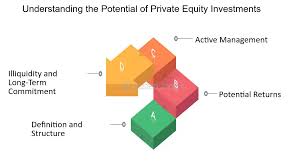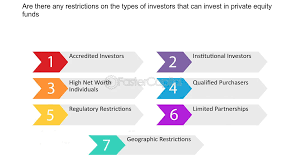JD Vance Highs and Lows in Venture Investing
JD Vance’s political trajectory is one of personal change. The Ohio senator made waves with his best-selling memoir Hillbilly Elegy in 2016,

recounting his hardscrabble childhood and how military service and Ivy League education allowed him to escape his roots. Since then, Vance has transitioned from startup founder and venture capitalist in Cincinnati to Republican presidential hopeful, while on campaign trails espousing an increasingly populist vision of America that appears at odds with his past.
At the same time, he has made efforts to cultivate relationships with Silicon Valley donors and venture capital firms. His campaign website details investments in over 120 private companies; while his financial disclosure report for Senate shows stakes in companies like Palmer Luckey’s defense firm Anduril Industries and sneaker exchange company StockX; most have values between $1,000 to $15,000 with some having stakes smaller than this threshold.
One of the striking elements of Vance’s campaign is his use of small-format events to promote his aggressive identity politics, targeting corporate and governmental elites. At these meetings, he delivers his speech before no more than two dozen attendees before answering any questions from voters – this format shows voters that Vance represents their country from its “grassroots”, while his background in startups, private equity and venture capitalism gives him unique insight into solving middle America’s problems.
Vance employs this strategy in part to appear more moderate than his rivals who are more closely aligned with the Beltway establishment, yet his stances on immigration and trade issues suggest his vision may be more populist than conventional.
Vance has shown his expertise on technology and economic policy matters through consistent support for positions that often differ from the GOP Senate majority’s positions, for instance joining 29 Democrats this year in supporting an Obama administration initiative to provide high-speed internet to low-income households, over objections of conservative senators such as John Thune and Ted Cruz who consider such spending wasteful spending.
Vance’s success will depend largely on whether his supporters perceive him as more of a national conservative than a populist. His elite base includes Silicon Valley venture capital types who tend to side with Trump rather than being part of the traditional Republican establishment. If these wealthy donors find his positions too extreme or anti-woke, Vance may struggle to win them back and end up as just another marginal figure within his party – which would be tragic both for himself and us all.








